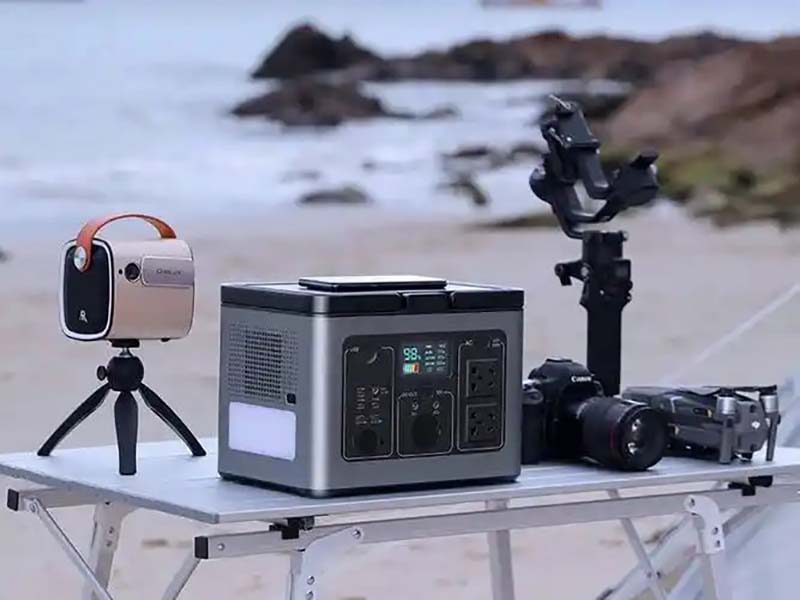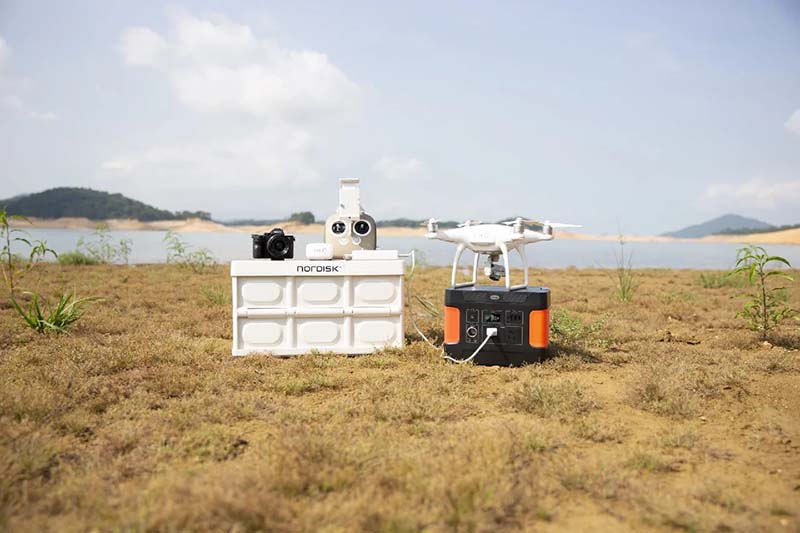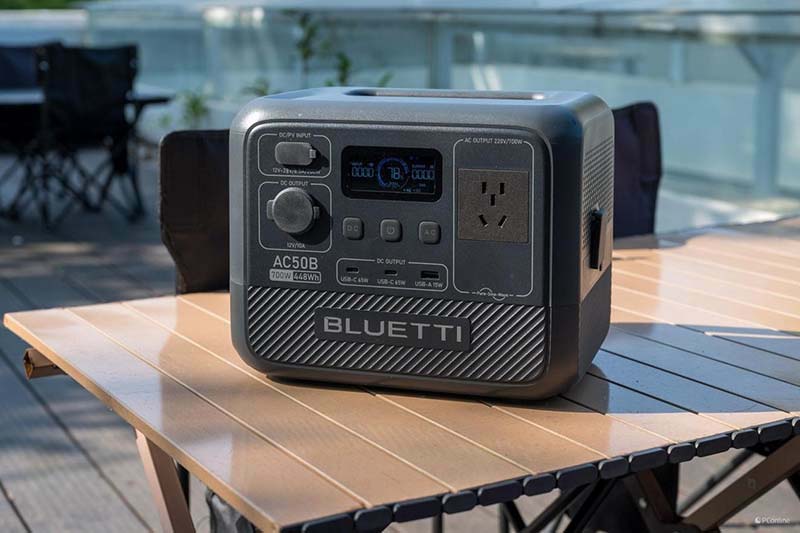solar power how it works
Portable power station can be used for Portable scanners, Smart water bottles, Electronic thermometers, Portable blood oxygen testers, Electronic mosquito repellents, etc, Solar power harnesses energy from the sun to generate electricity, offering a clean and renewable alternative to fossil ...

Essential Devices Powered
- Forestry, fisheries, and animal husbandry can provide power for irrigation equipment, monitoring systems, and insect repellents.
- Equipped with over-temperature protection, it automatically starts and stops when the temperature is high.
- The vehicle charging power reaches up to 1500W, enabling rapid charging while the vehicle is in motion.
- Environmental monitoring can support continuous operation of sensors and data acquisition devices.
- Equipped with an SDC interface, it can connect to a series of dedicated expansion accessories.
Camping Benefits
- Temporary power supply for wind power operation and maintenance testing equipment (vibration analyzer)
- Firefighting communication equipment at fire scene
- Power supply for forest fire prevention loudspeakers (outdoor mobile broadcasting)
- Power supply for telecom field fusion splicer + fiber optic tester
- Outdoor market cash register in operation
solar power harnesses energy from the sun to generate electricity, offering a clean and renewable alternative to fossil fuels. The process begins with solar panels, which are made up of many photovoltaic (PV) cells. These cells absorb sunlight and convert it into direct current (DC) electricity through the photovoltaic effect. When sunlight hits the PV cells, it excites electrons, creating an electric current. This DC electricity is then sent to an inverter, which converts it into alternating current (AC) electricity—the type used in homes and businesses. The AC electricity can power appliances, lighting, and other electrical devices. Any excess electricity generated can be stored in batteries for later use or fed back into the electrical grid, often earning credits or compensation. Solar power systems can be installed on rooftops, open fields, or integrated into building materials, making them versatile and scalable. By reducing reliance on non-renewable energy sources, solar power helps decrease greenhouse gas emissions and combat climate change. As technology advances, solar power continues to become more efficient and affordable, making it an increasingly popular choice for sustainable energy worldwide.


